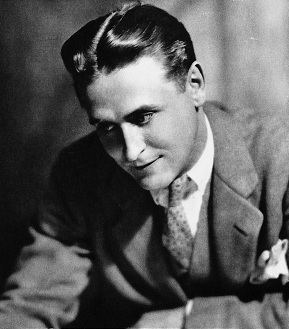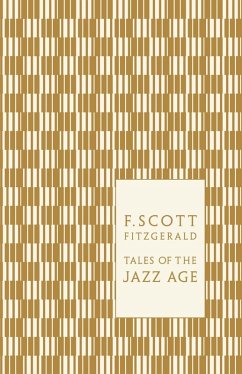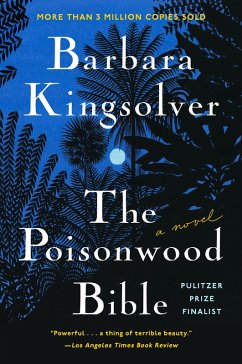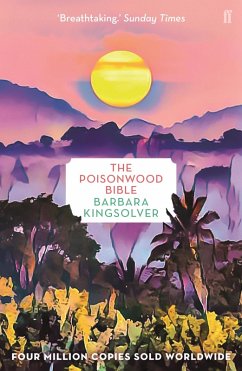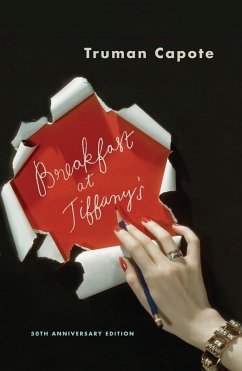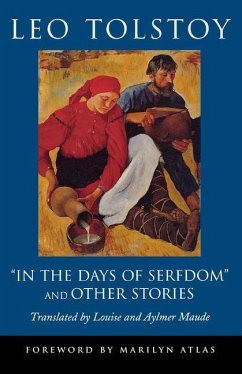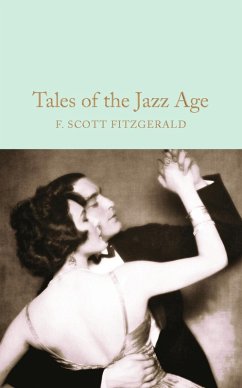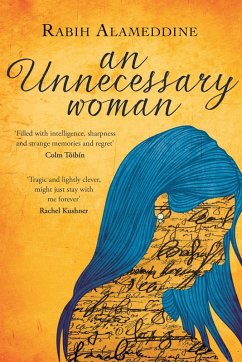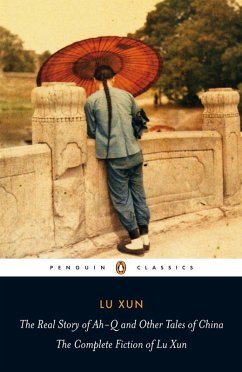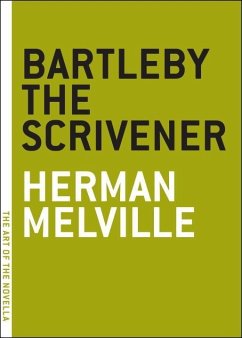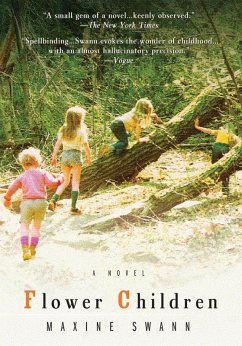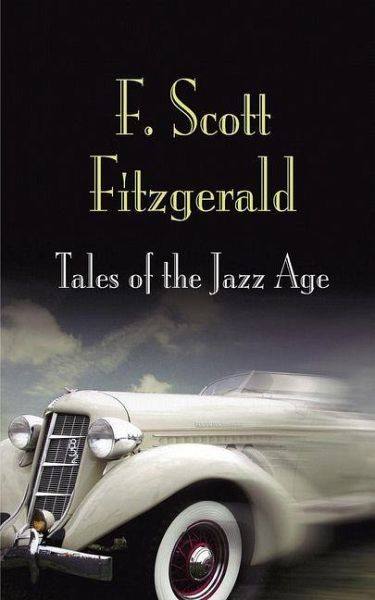
Tales of the Jazz Age (eBook, ePUB)

PAYBACK Punkte
11 °P sammeln!
Though most widely known for the novella The Great Gatsby, F. Scott Fitzgerald gained a major source of income as a professional writer from the sale of short stories. Over the course of his career, Fitzgerald published more than 160 stories in the period's most popular magazines. His second short fiction collection, Tales of the Jazz Age (1922), includes two masterpieces as well as several other stories from his earlier career. One, "May Day," depicts a party at a popular club in New York that becomes a night of revelry during which former soldiers and an affluent group of young people start ...
Though most widely known for the novella The Great Gatsby, F. Scott Fitzgerald gained a major source of income as a professional writer from the sale of short stories. Over the course of his career, Fitzgerald published more than 160 stories in the period's most popular magazines. His second short fiction collection, Tales of the Jazz Age (1922), includes two masterpieces as well as several other stories from his earlier career. One, "May Day," depicts a party at a popular club in New York that becomes a night of revelry during which former soldiers and an affluent group of young people start an anti-Bolshevik demonstration that results in an attack on a leftist newspaper office. "The Diamond as Big as the Ritz" is a fantastic satire of the selfishness endemic to the wealthy and their undying pursuit to preserve that way of life.
All of these stories, like his best novels, meld Fitzgerald's fascination with wealth with an awareness of a larger world, creating a subtle social critique. With his discerning eye, Fitzgerald elucidates the interactions of the young people of post-World War I America who, cut off from traditions, sought their place in the modern world amid the general hysteria of the period that inaugurated the age of jazz.
This new edition reproduces in full the original collection, stories that represent a clear movement in theme and character development toward what would become The Great Gatsby. In introducing each story, Fitzgerald offers accounts of its textual history, revealing decisions about which stories to include.
All of these stories, like his best novels, meld Fitzgerald's fascination with wealth with an awareness of a larger world, creating a subtle social critique. With his discerning eye, Fitzgerald elucidates the interactions of the young people of post-World War I America who, cut off from traditions, sought their place in the modern world amid the general hysteria of the period that inaugurated the age of jazz.
This new edition reproduces in full the original collection, stories that represent a clear movement in theme and character development toward what would become The Great Gatsby. In introducing each story, Fitzgerald offers accounts of its textual history, revealing decisions about which stories to include.
Dieser Download kann aus rechtlichen Gründen nur mit Rechnungsadresse in A, D ausgeliefert werden.




